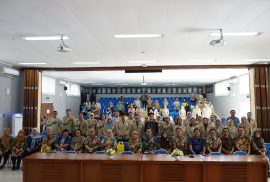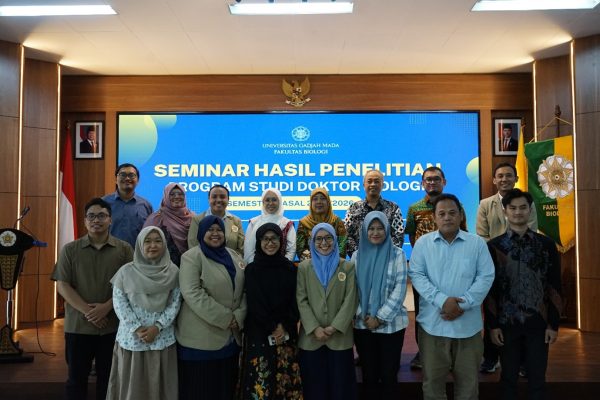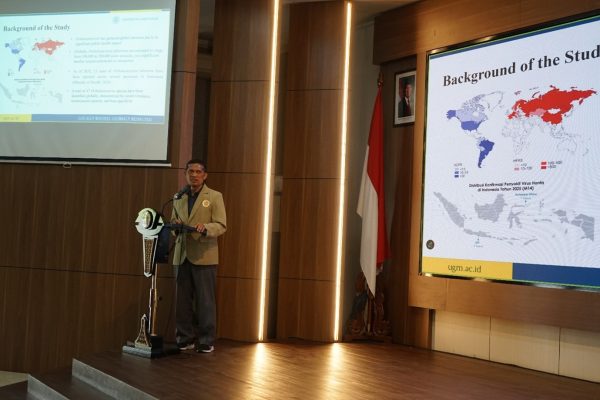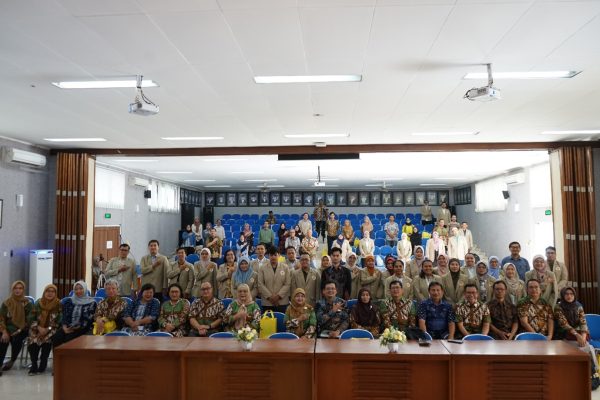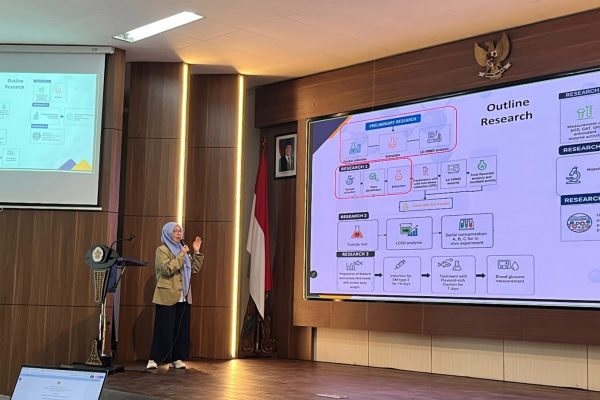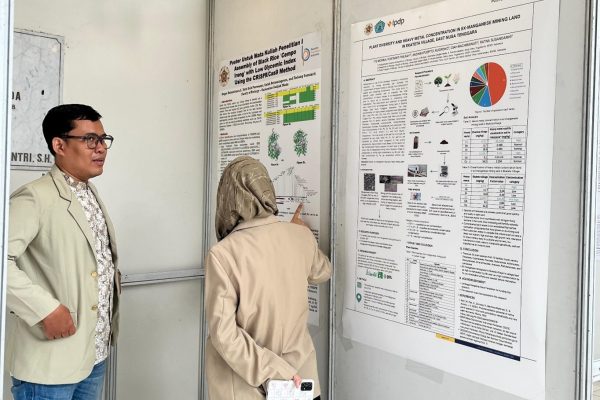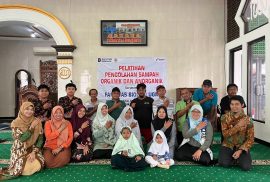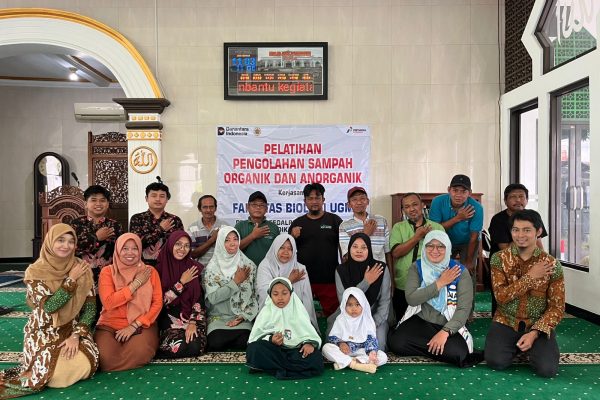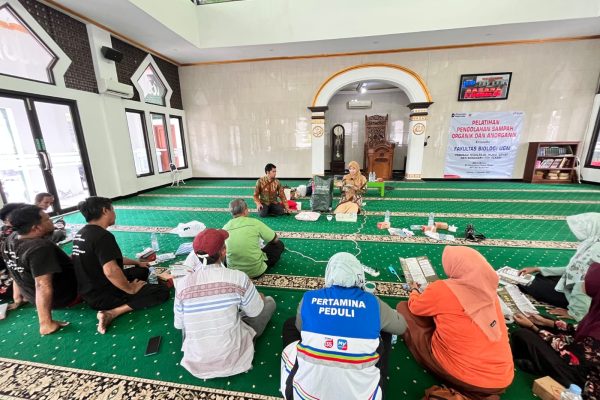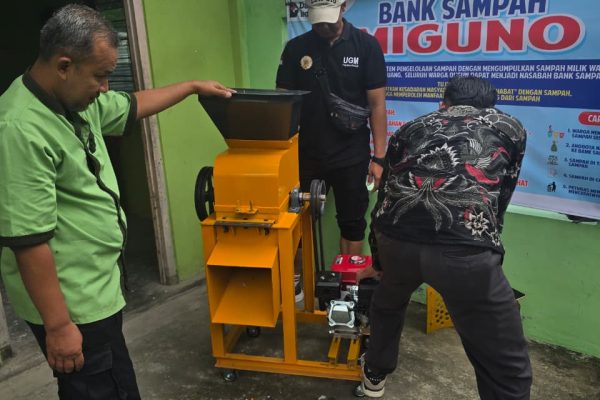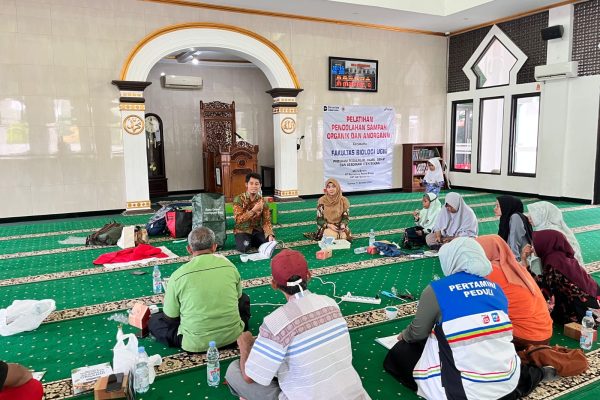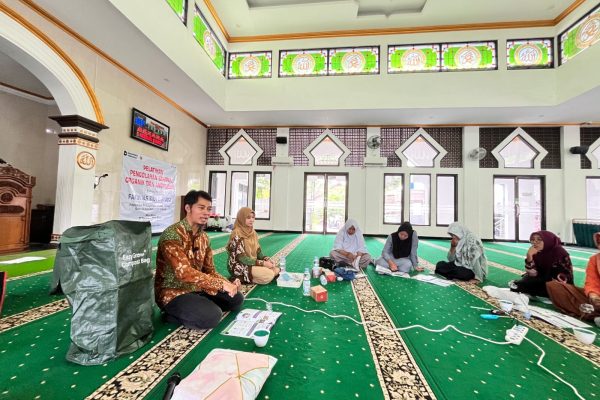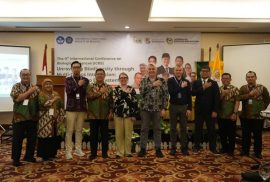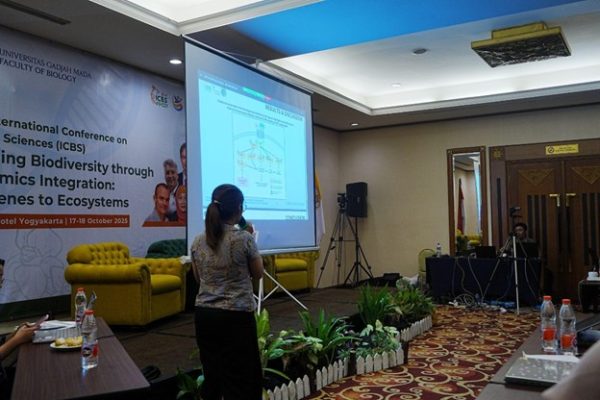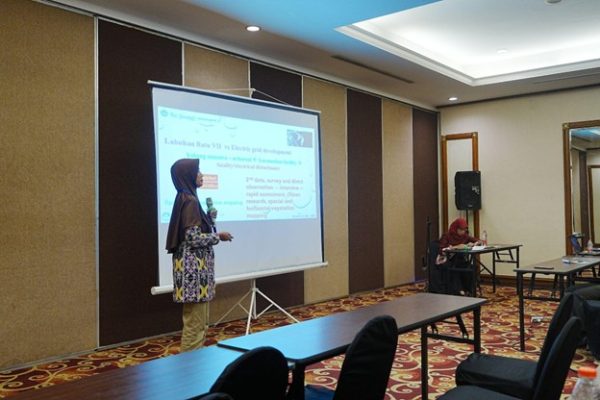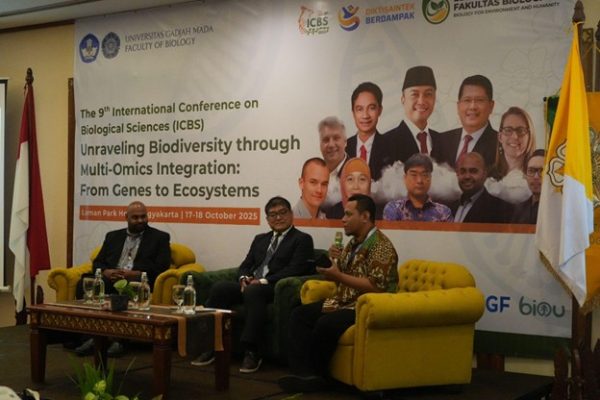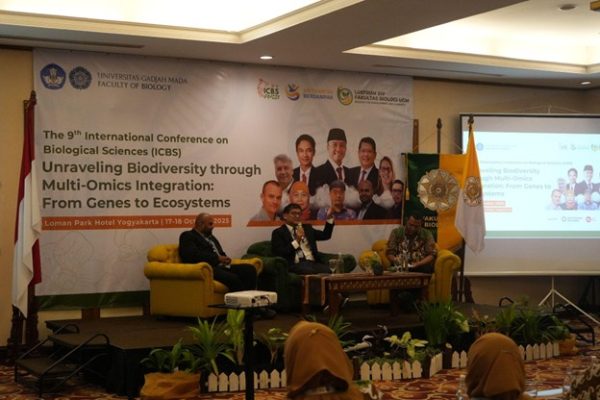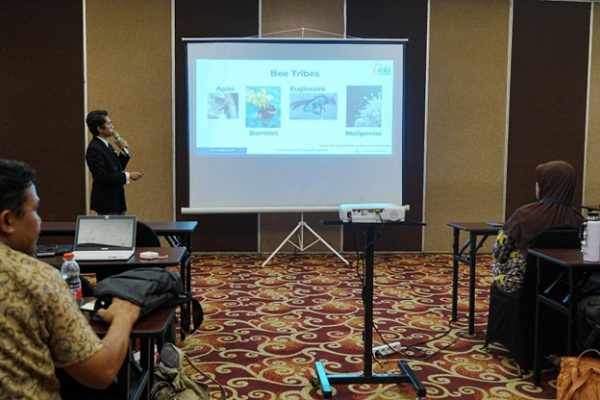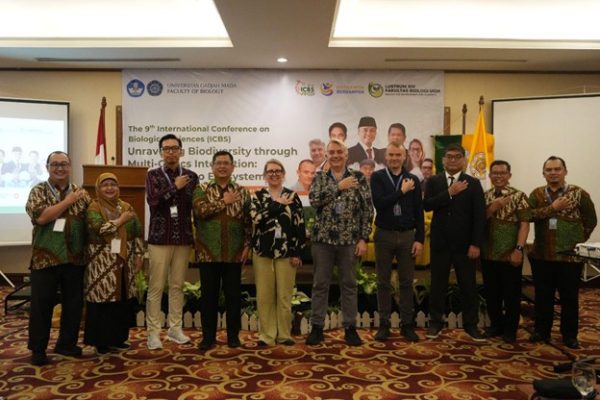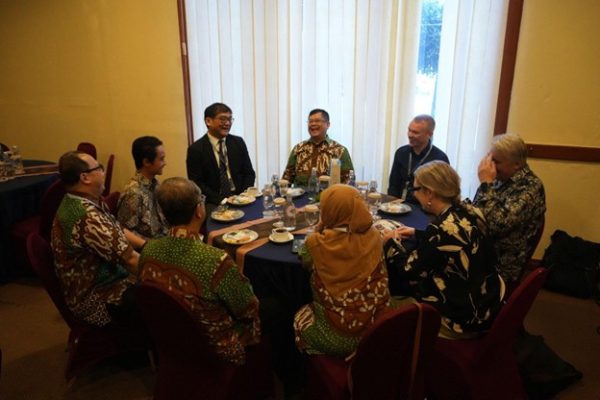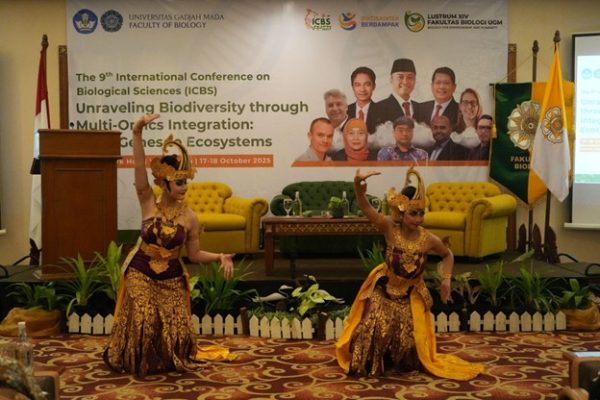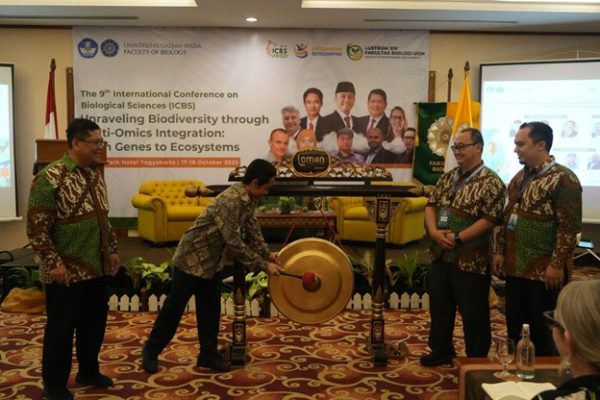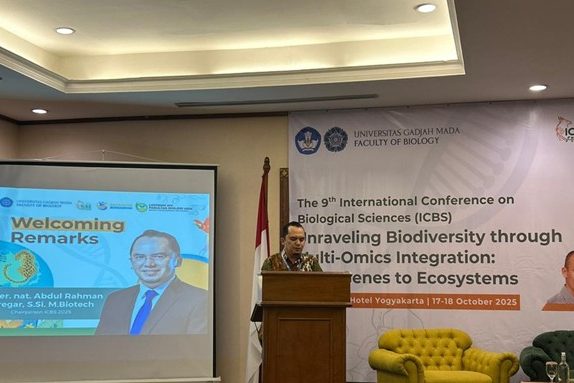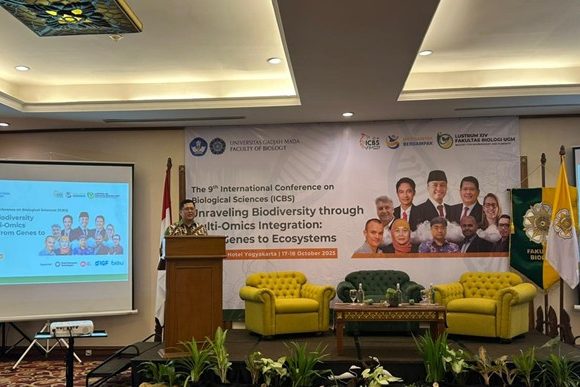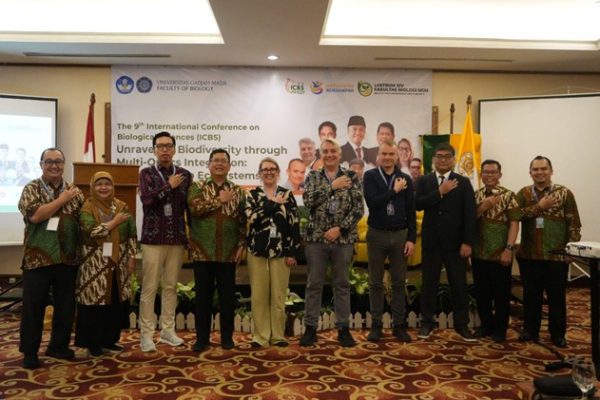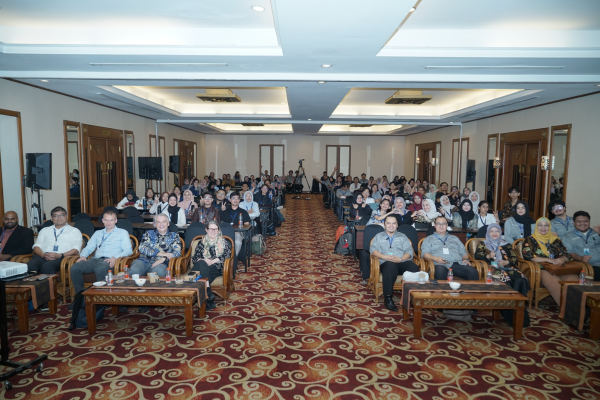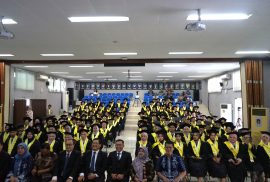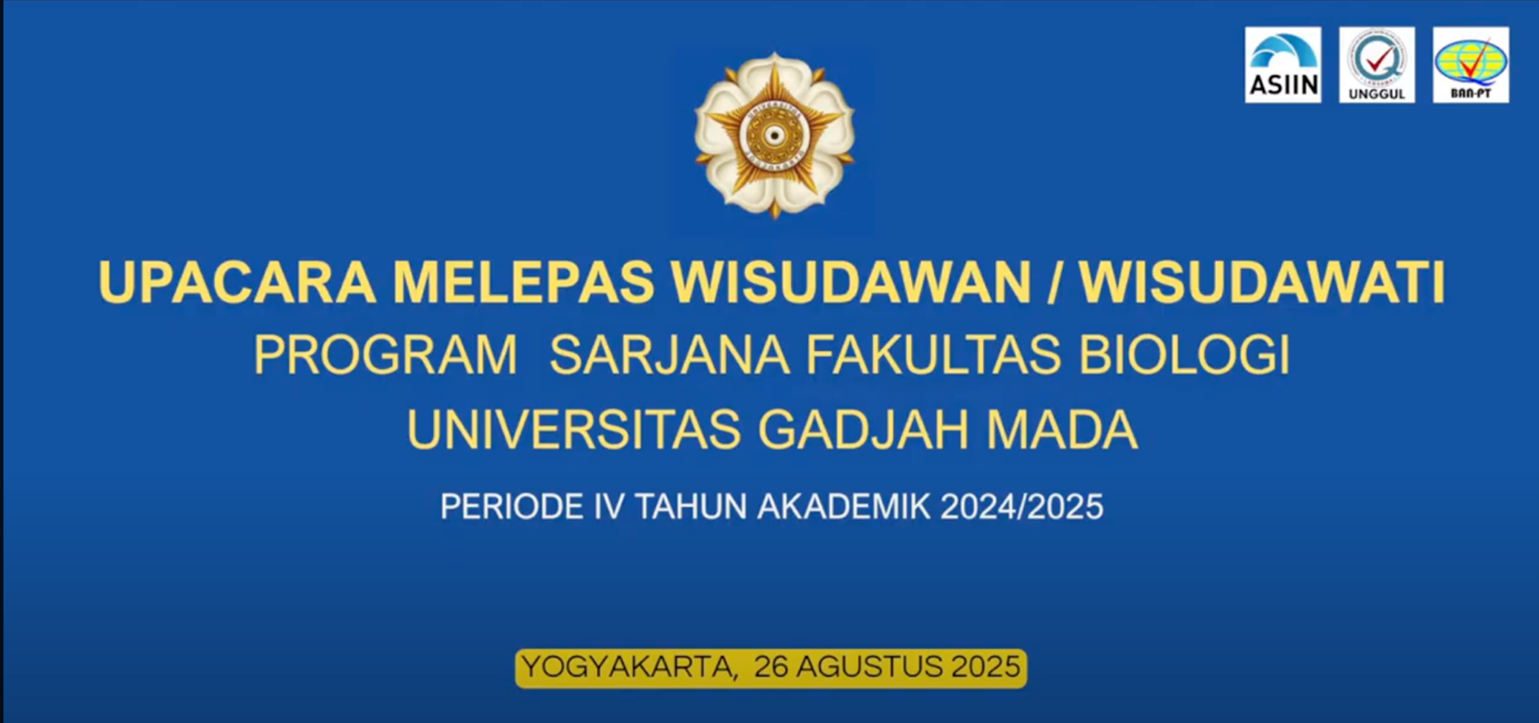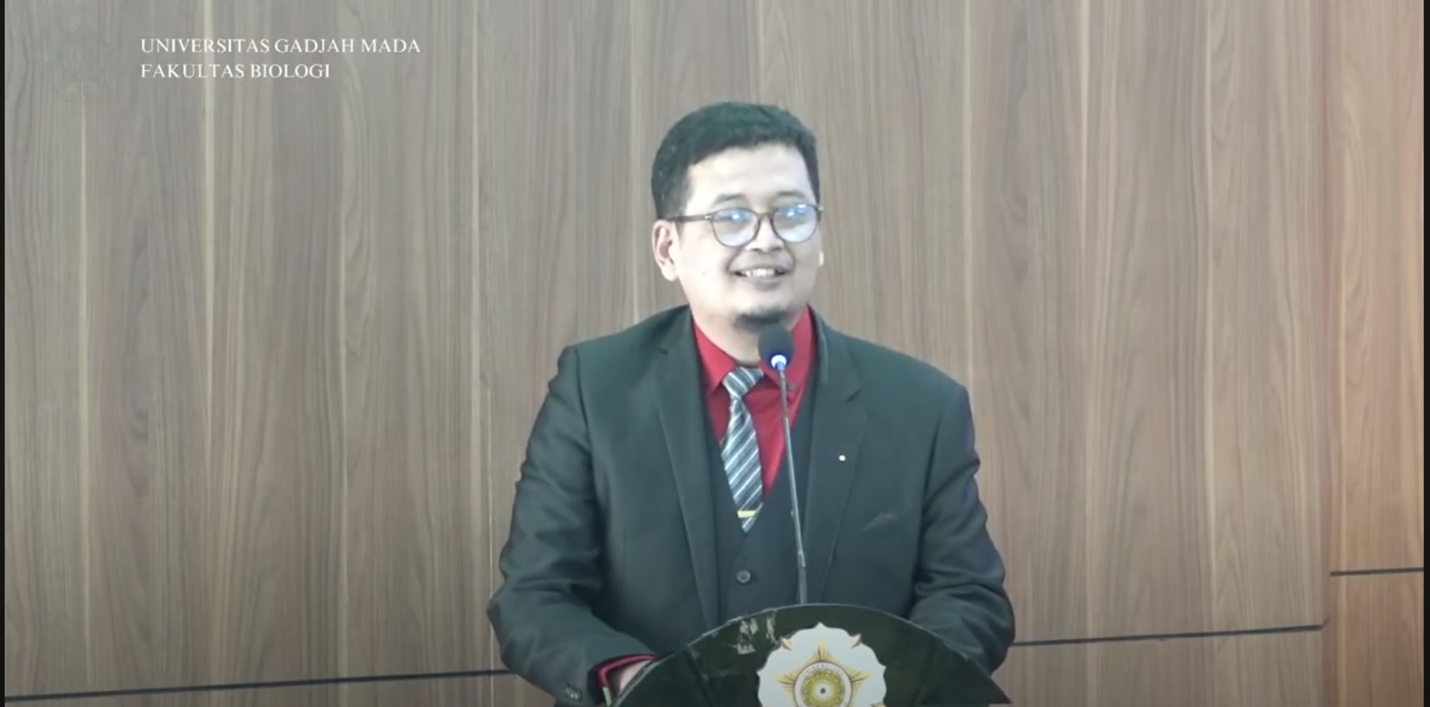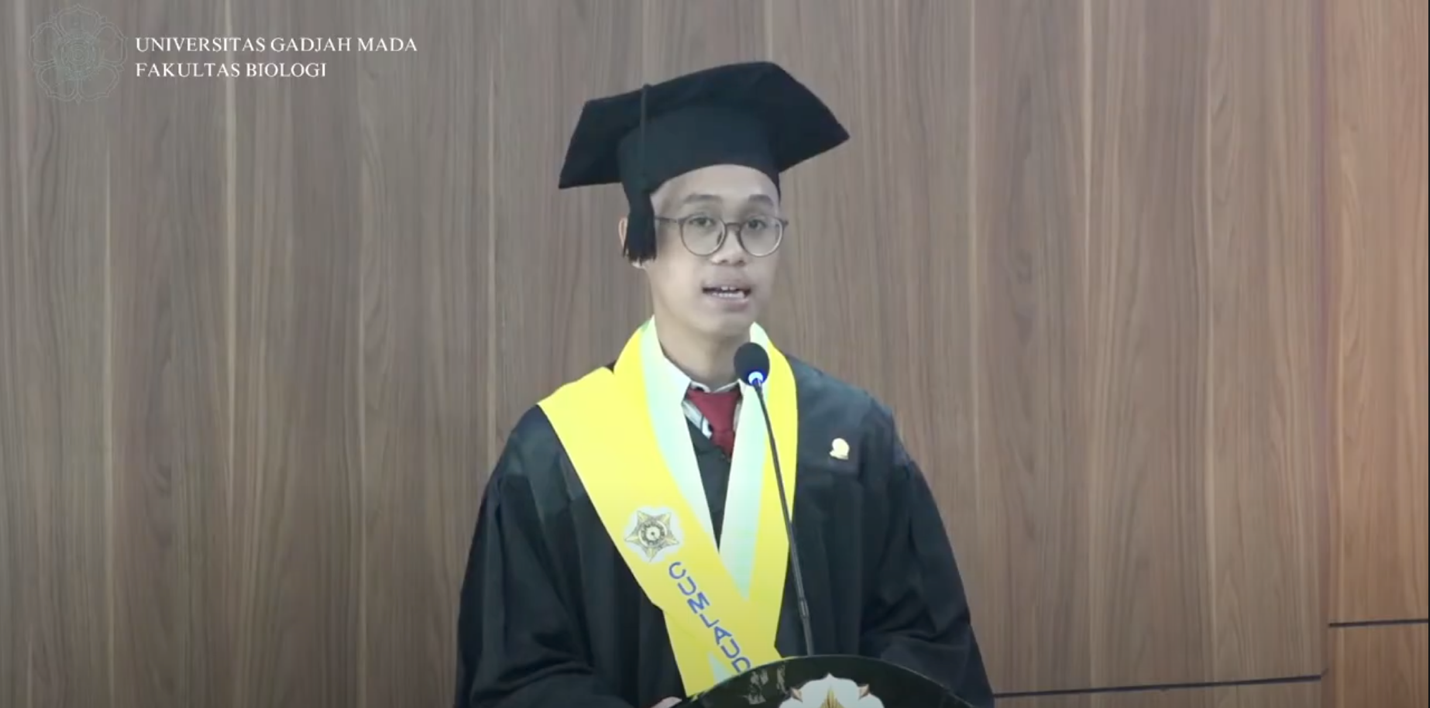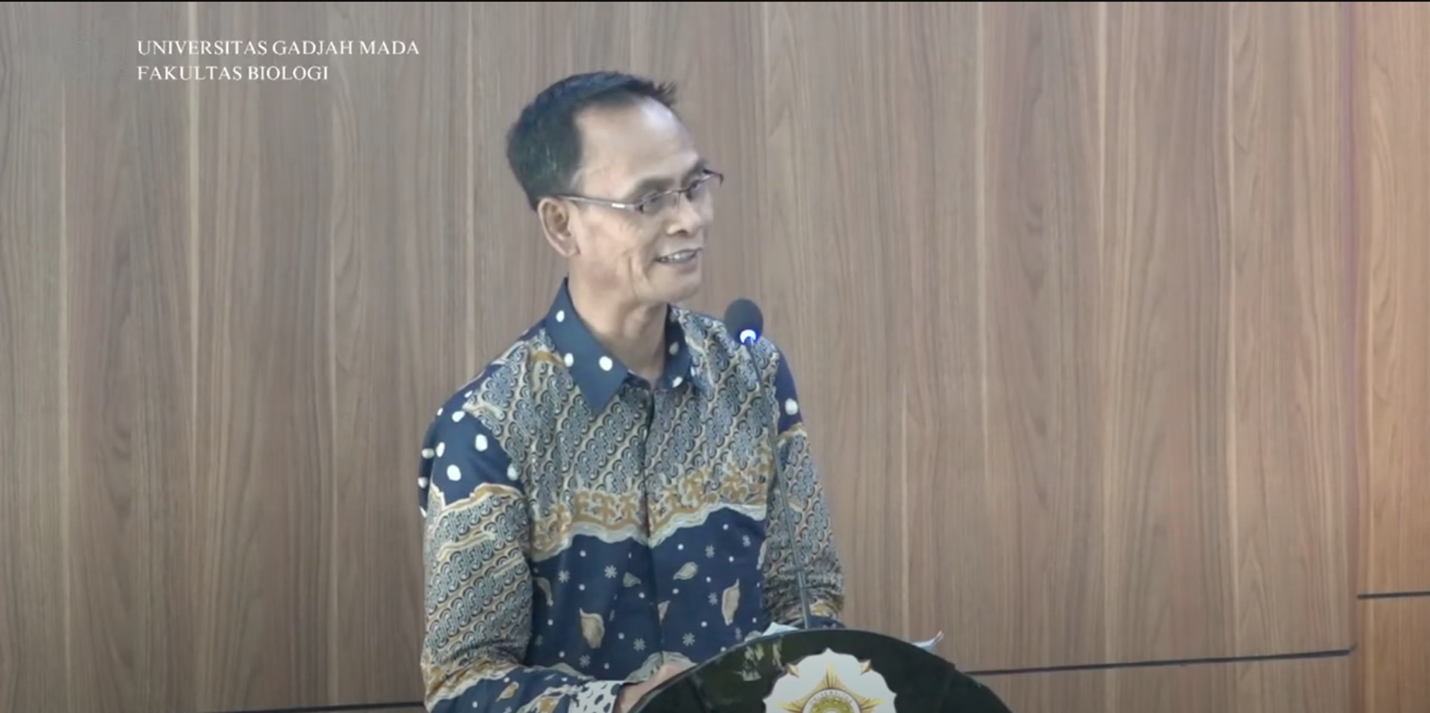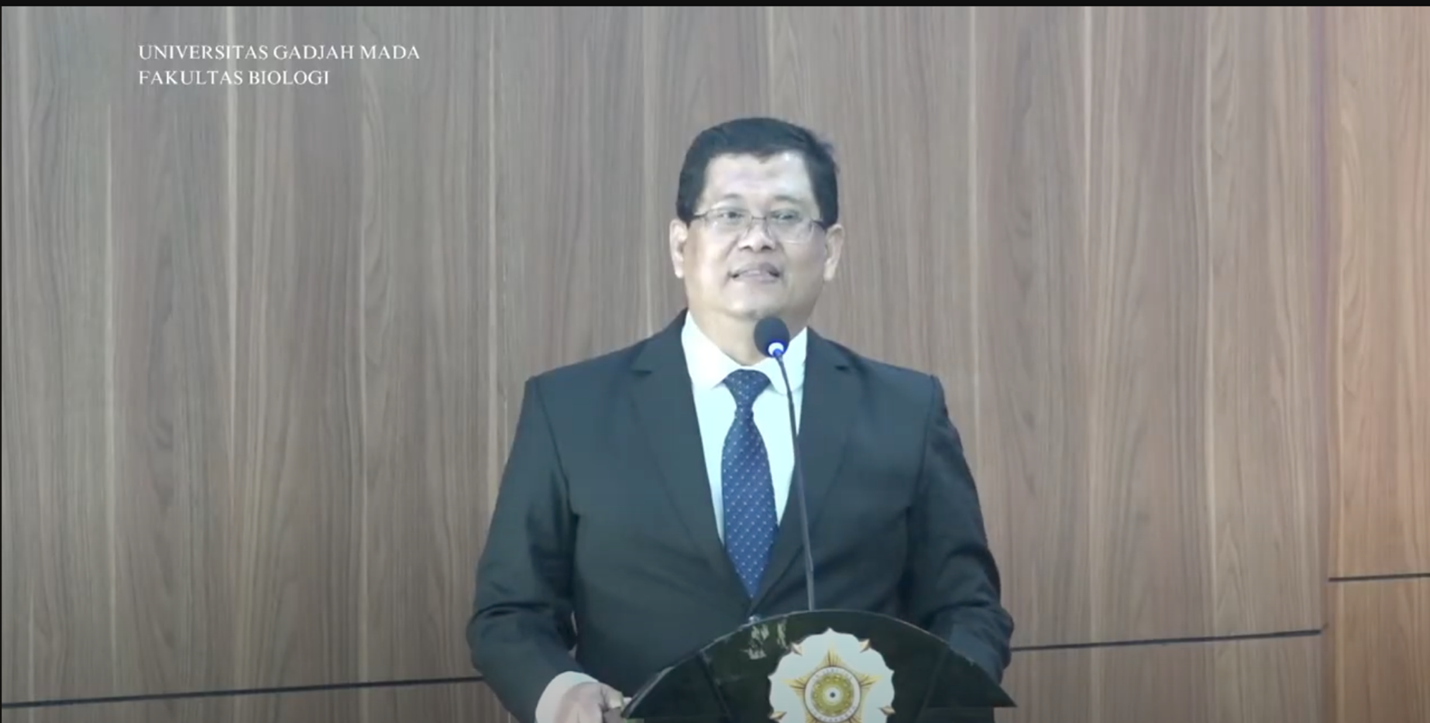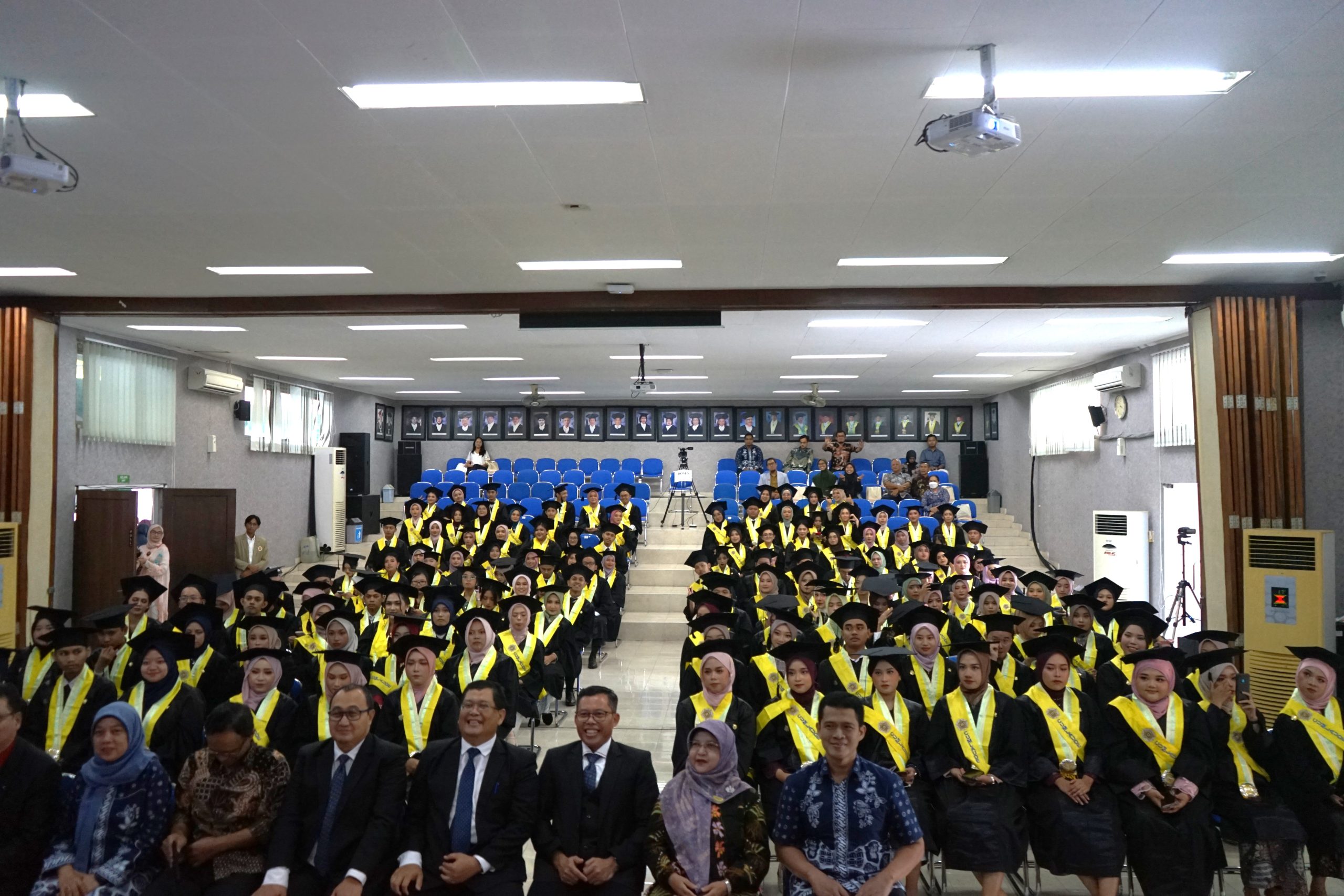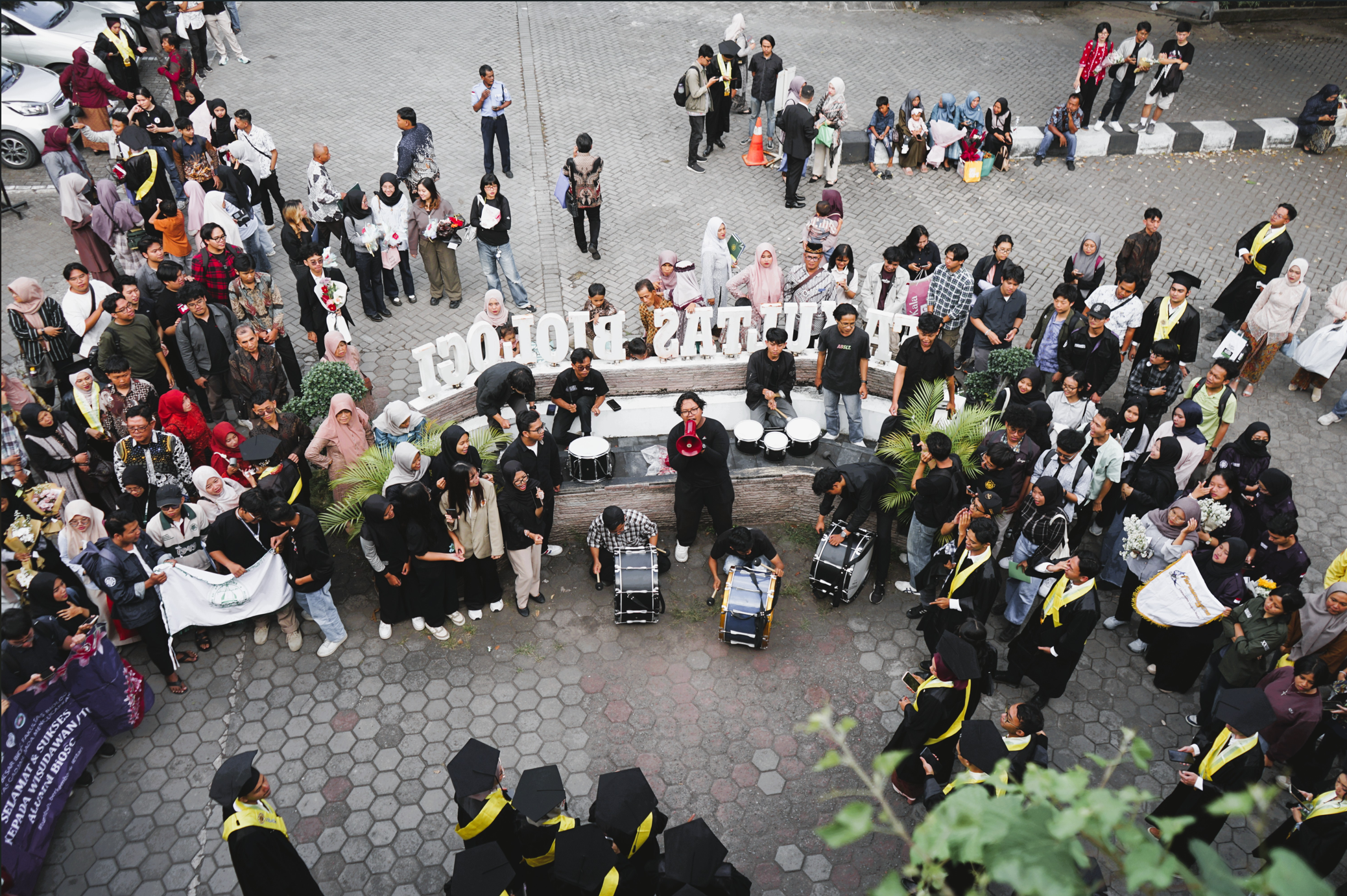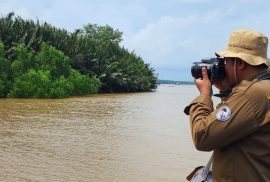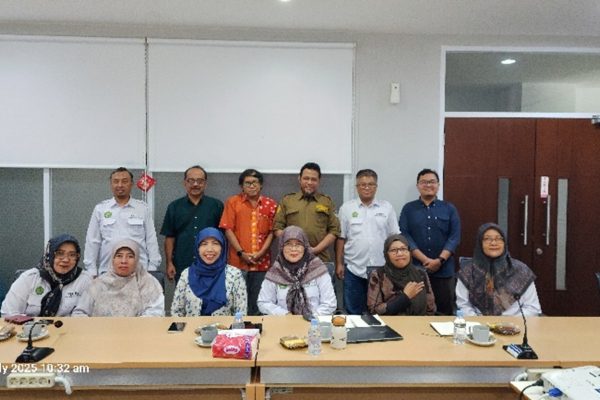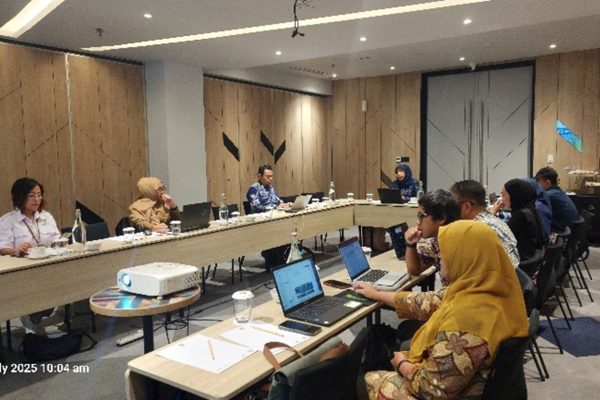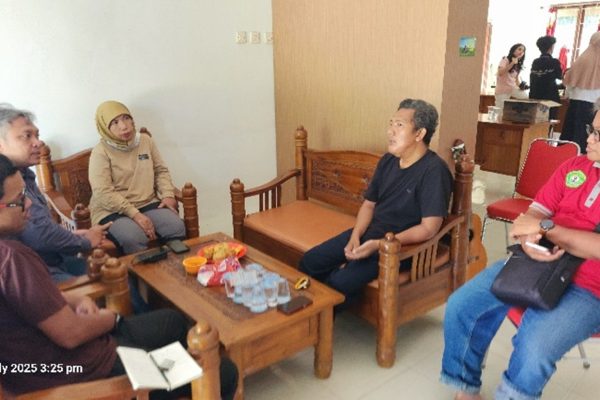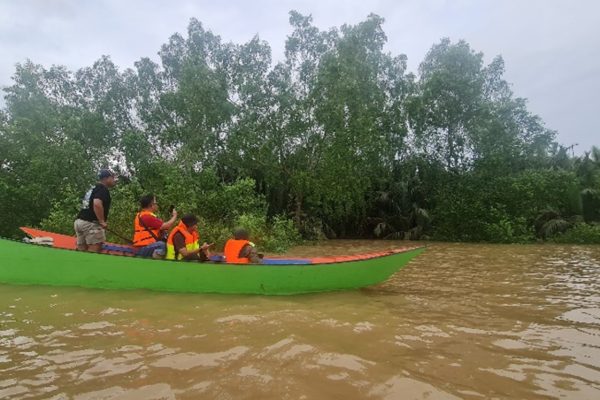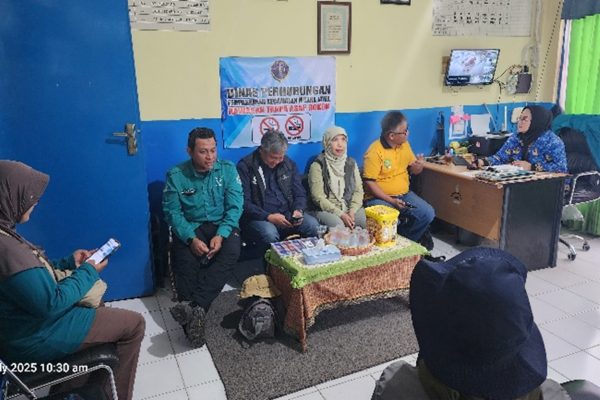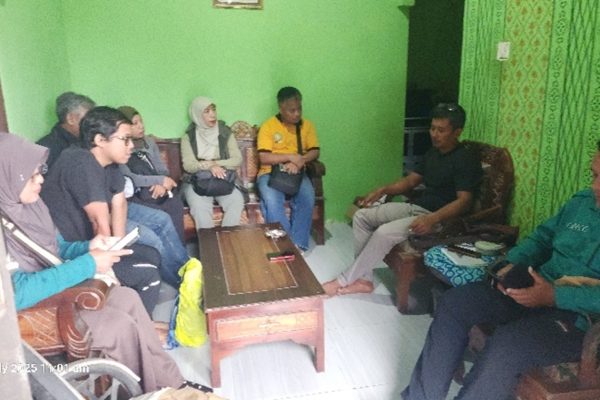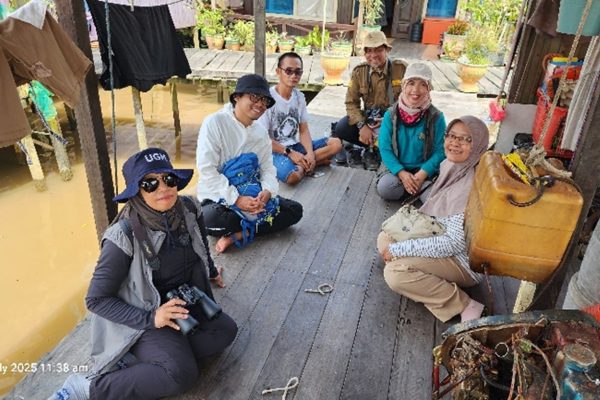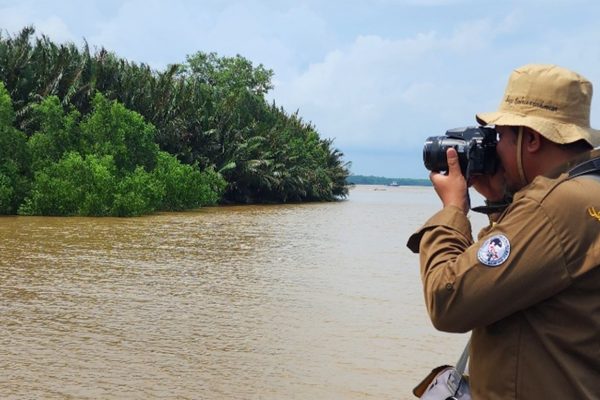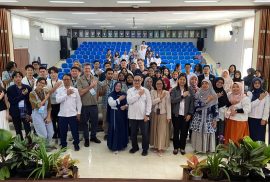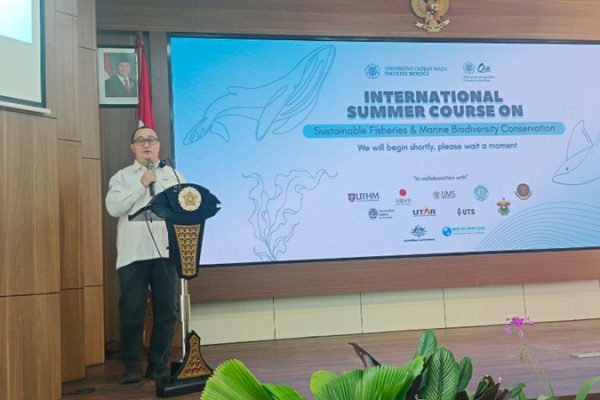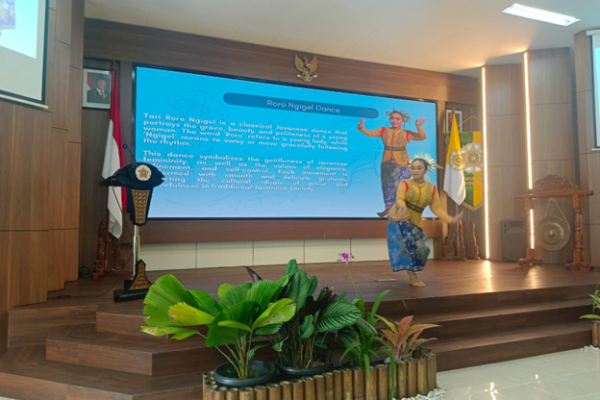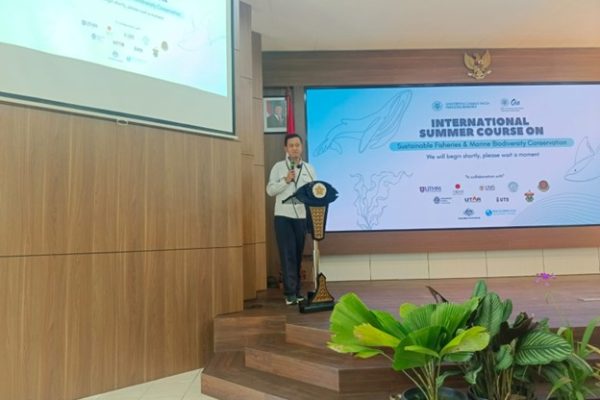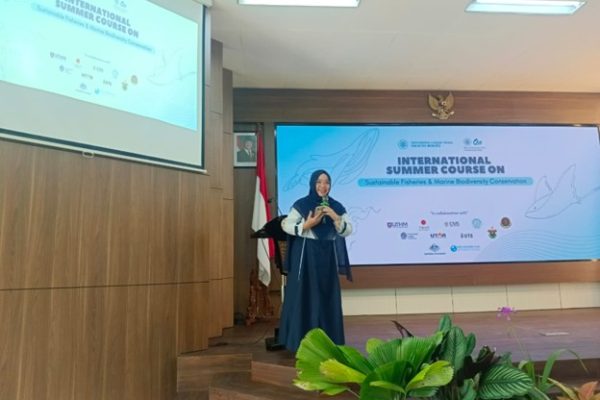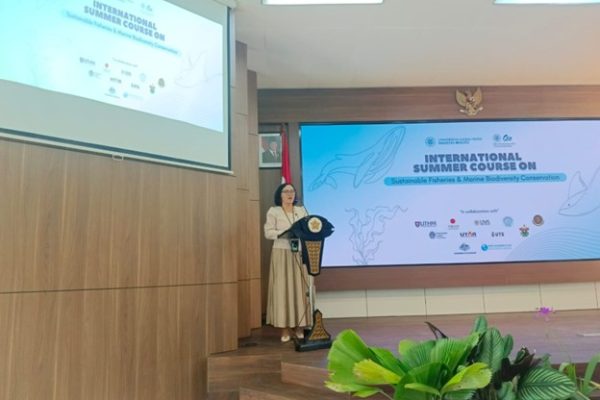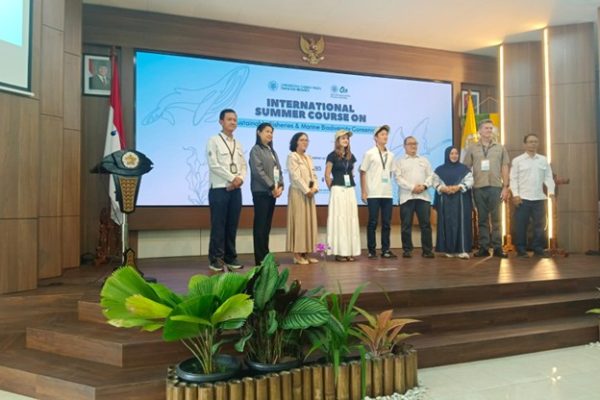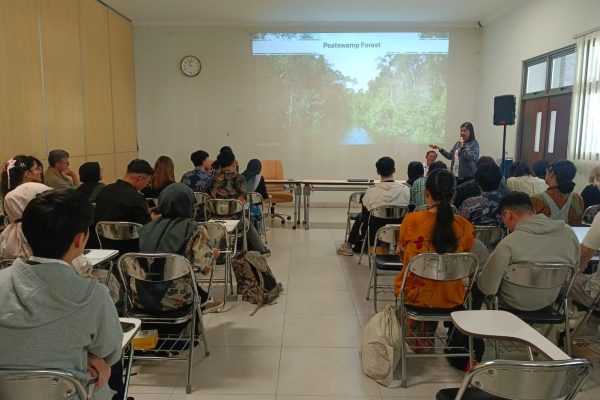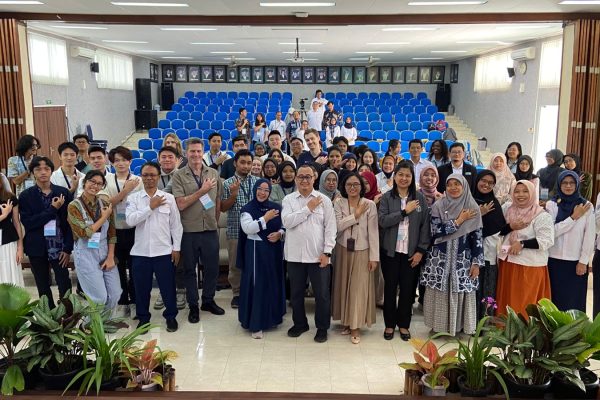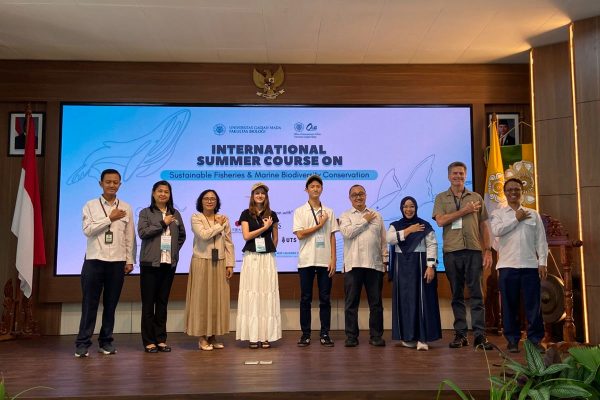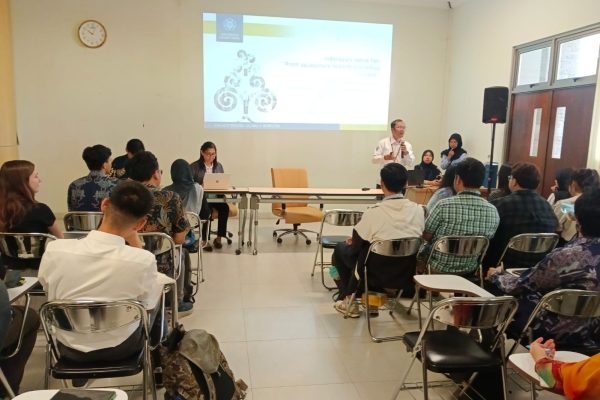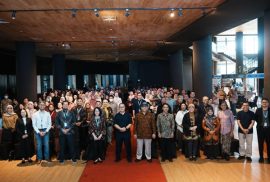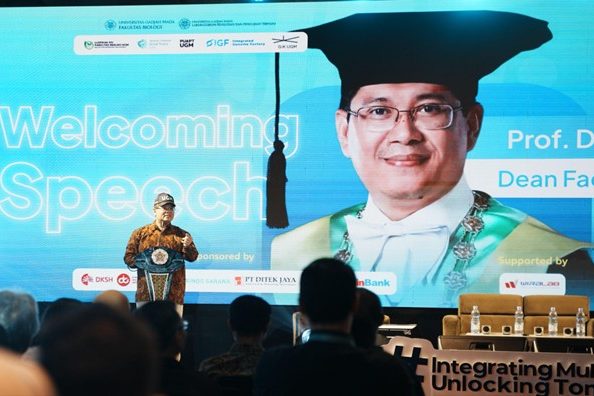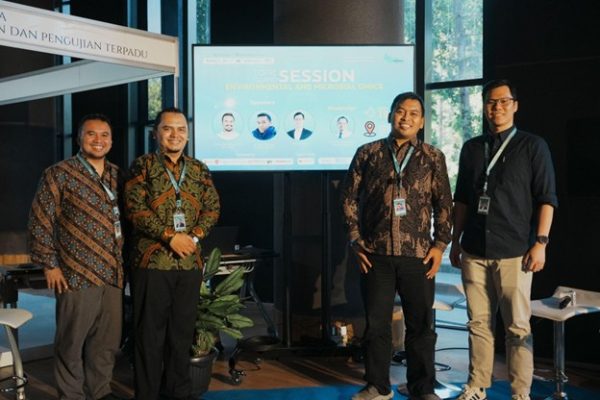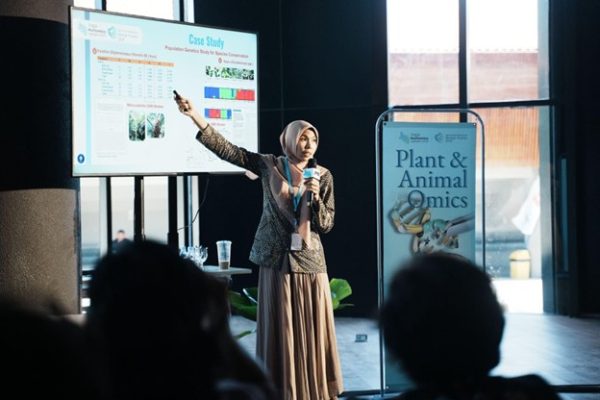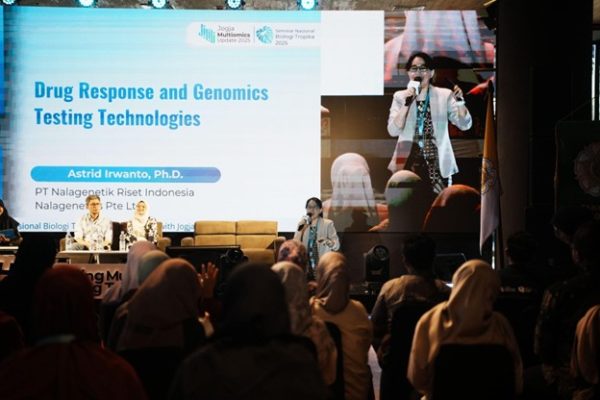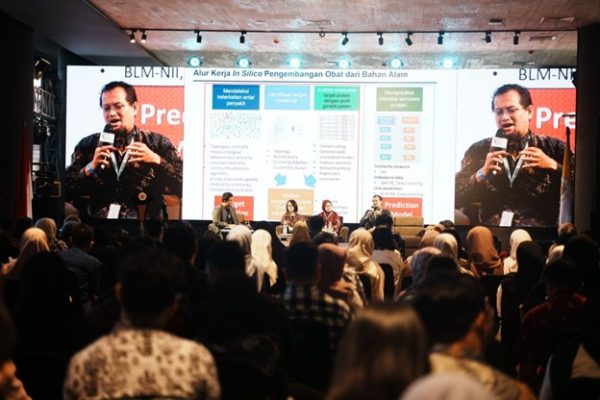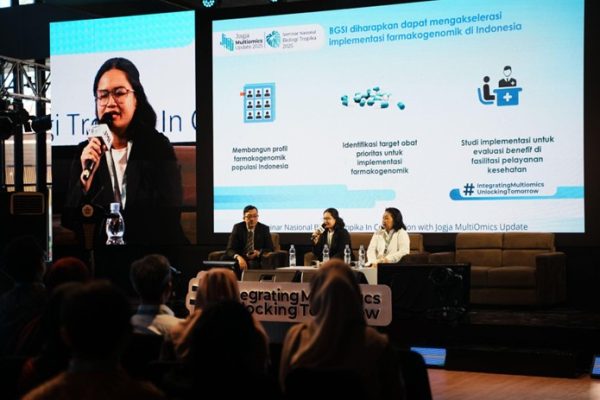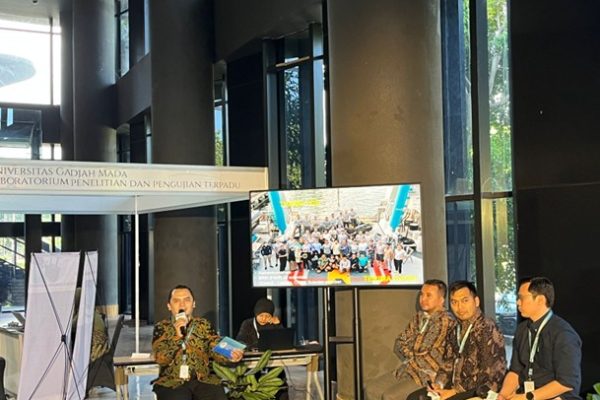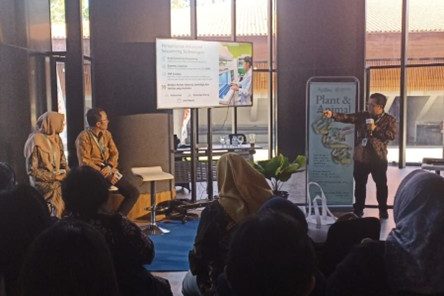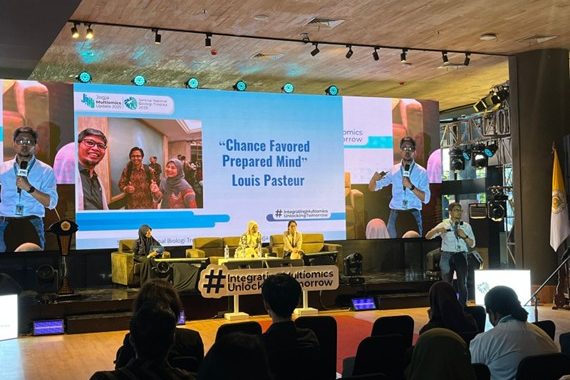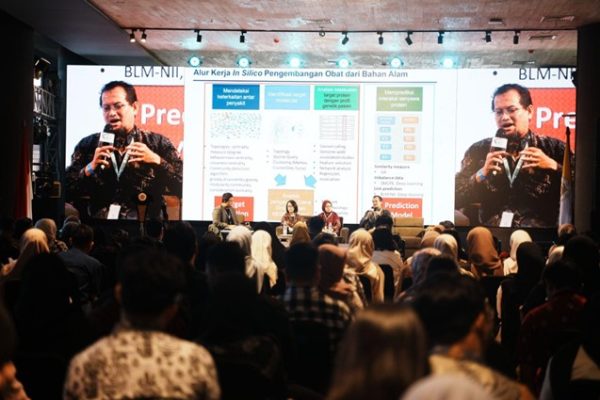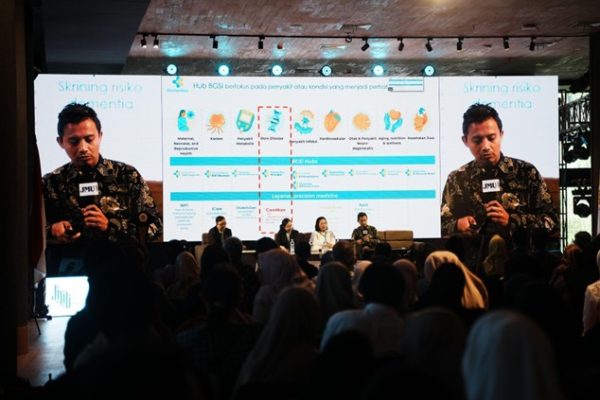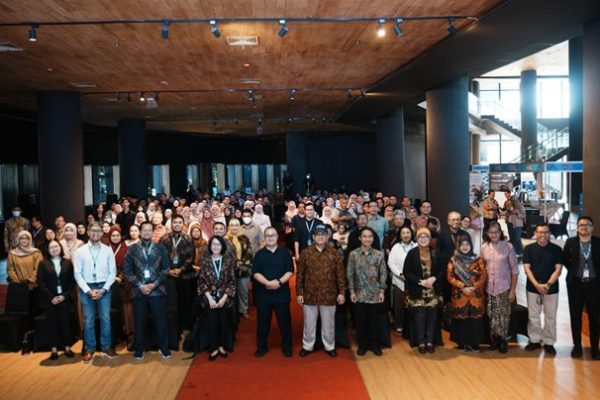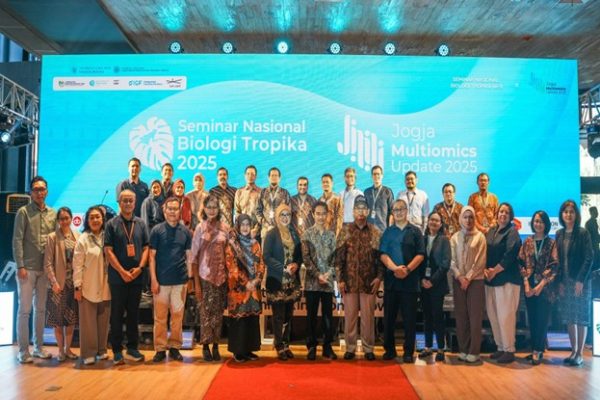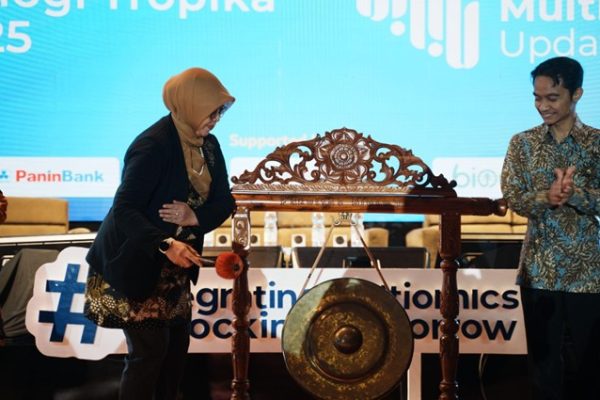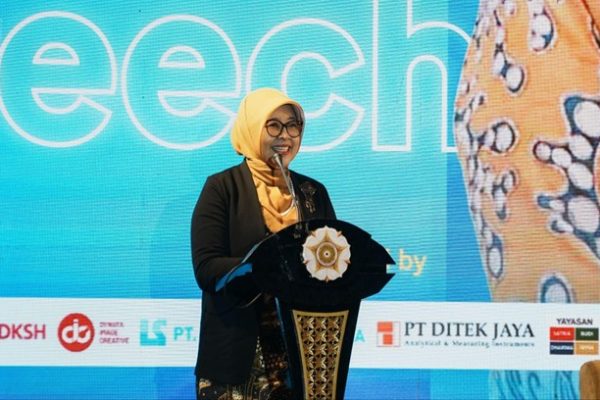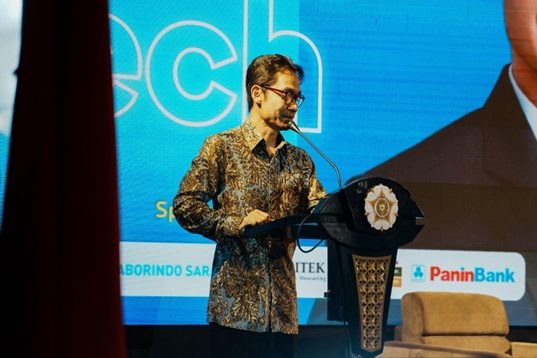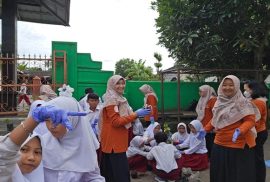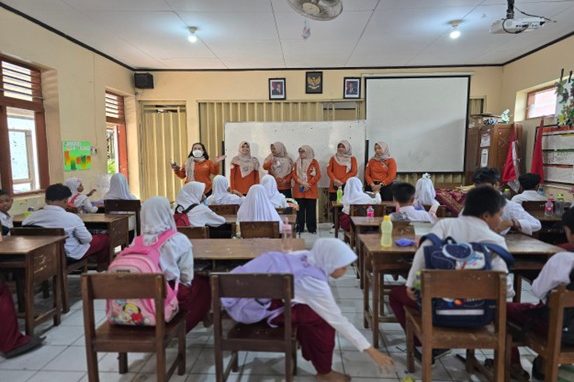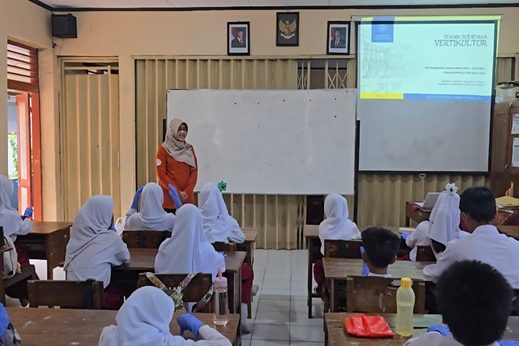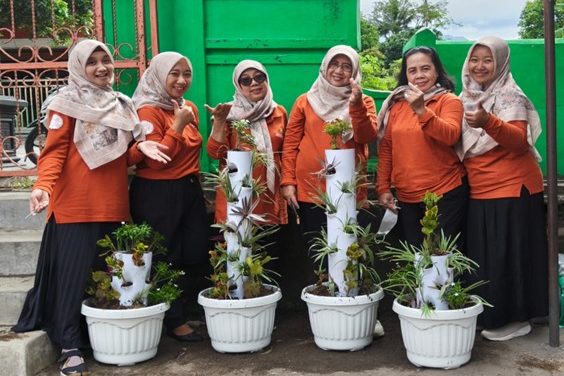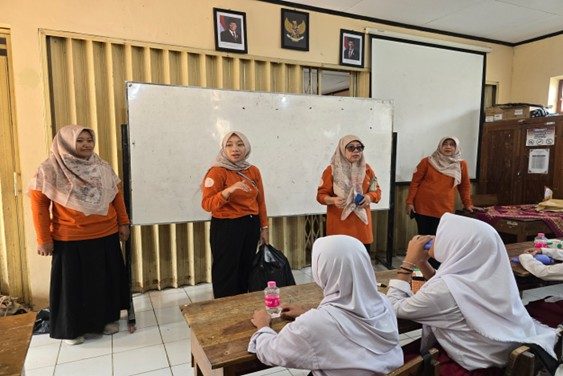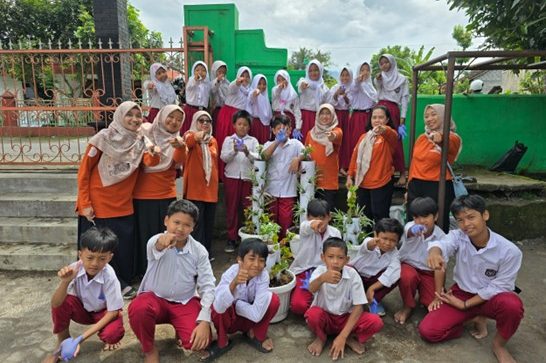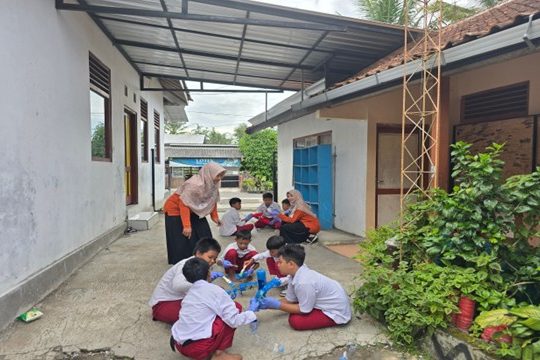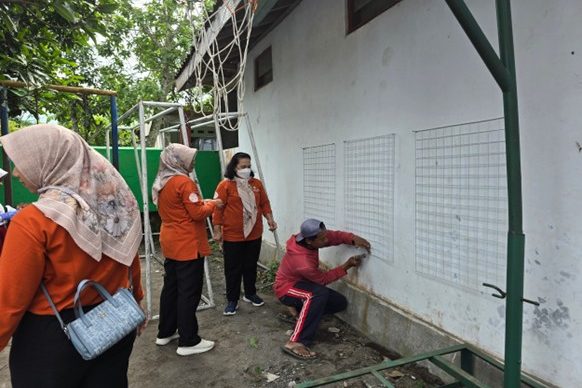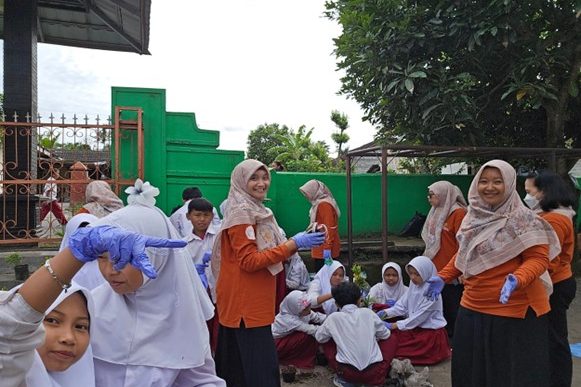SDG 13 : Organize Climate Action
Tegalrejo, 11 December 2025
This year’s conference features two distinguished keynote speakers:
- Dr. Thomas Sicheritz Ponten, Center for Evolutionary Hologenomics, The Globe Institute – Faculty of Health and Medical Sciences, University of Copenhagen, Denmark; and
- Thorunn Helgason, Chair in Ecology, School of Biological Sciences, University of Edinburgh, Scotland.
In addition, ICBS 2025 presents invited speakers from leading institutions across the world, including:
- Prof. Dr. Bent Petersen, Center for Evolutionary Hologenomics, The Globe Institute – University of Copenhagen, Denmark;
- Dra. Tuty Arisuryanti, M.Sc., Ph.D., Department of Tropical Biology, Faculty of Biology, Universitas Gadjah Mada;
- Chiharu Nakashima, Ph.D., Graduate School of Bioresources, Mie University, Japan;
- Madya Ts. Dr. Muhammad Abdul Latiff Bin Abu Bakar, Faculty of Applied Sciences and Technology, Universiti Tun Hussein Onn Malaysia; and
- Riza Arief Putranto, D.E.A., Indonesian Oil Palm Research Institute (IOPRI), RPN Holding PTPN III.
Beyond its scientific objectives, ICBS 2025 also contributes to the advancement of the United Nations Sustainable Development Goals (SDGs), particularly:
SDG 13: Climate Action – promoting research on adaptation and mitigation to climate change,
SDG 14: Life Below Water and SDG 15: Life on Land – supporting biodiversity conservation and sustainable management of terrestrial and aquatic ecosystems,
SDG 3: Good Health and Well-being – advancing biotechnological and genomic research that benefits human and environmental health, and
SDG 17: Partnerships for the Goals – fostering global scientific collaboration among Universitas Gadjah Mada, the Consortium of Indonesian Biologists (KOBI), and Universiti Tun Hussein Onn Malaysia.
Yogyakarta, 30 August 2025 — The Faculty of Biology, Universitas Gadjah Mada (UGM), and the School of Applied Sciences, University of the West of England (UWE), held an online meeting on Friday, 29 August 2025, to strengthen research and educational collaboration between the two institutions.

The meeting was attended by key representatives from both universities. From the Faculty of Biology UGM, participants included Dr. Eko Agus Suyono, M.App.Sc., Vice Dean for Research, Community Service, Collaboration, and Alumni Affairs; Dr. Nur Indah Septriani, M.Sc., Head of the Office of International Affairs (OIA); and Mukhlish Jamal Musa Holle, DPhil., lecturer at the Laboratory of Ecology and Conservation. From UWE, Dr. Adrian Crew, Head of the MRes Applied Sciences Program, joined the meeting along with one of his students, Tawny Bucks.
The agenda focused on updates regarding ongoing joint research projects and discussions on future opportunities for collaboration in both research and teaching. One of the key highlights was a project conducted in Simeuleu Island, Aceh, which emphasizes regenerative agriculture practices to support ecosystem sustainability and improve community well-being. The project is a collaborative effort between UGM and UWE, with direct involvement from Tawny Bucks and Syefrina Rosyida, an alumna of UGM’s Master Program in Biology.
Both institutions reaffirmed their commitment to continue the collaboration on an equal and sustainable basis. As an initial step, they agreed to develop a concept note that will serve as the foundation for further research projects in regenerative agriculture.
“This meeting marks an important momentum to strengthen research synergy between UGM and UWE, especially on global issues such as sustainable agriculture and conservation,” said Dr. Eko Agus Suyono.
The collaboration is expected not only to generate academic innovation but also to deliver real solutions to environmental and social challenges, particularly in remote areas such as Simeuleu. It also opens up wider opportunities for students and researchers from both institutions to engage in international academic activities. In line with the commitment to support the achievement of the Sustainable Development Goals (SDGs), this initiative contributes to enhancing food security (SDG 2), strengthening climate action (SDG 13), and promoting the sustainable protection of terrestrial ecosystems (SDG 15). Through this partnership, UGM and UWE are taking concrete steps to integrate academic research with global sustainable development objectives.
Sustainable Development Goals points:
11: Sustainable Cities and Communities
12: Responsible Consumption and Production
13: Climate Action
14: Live Below Water
15: Live on Land
#GenomicInnovation #SDGsIndonesia #TropicalScience #UGMForTheNation #Bioinformatics #GenomicsForSustainability #UGMGlobalImpact #ScienceForLife #SDGs3 #SDGs4 #SDGs9 #SDGs13
Wukirsari, Cangkringan – June 19, 2025

